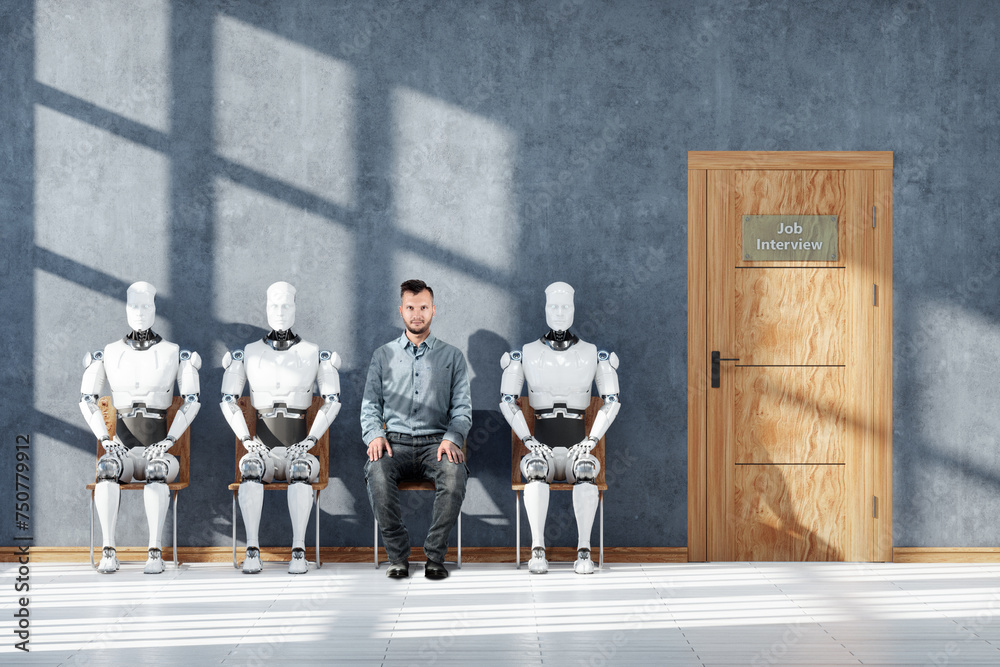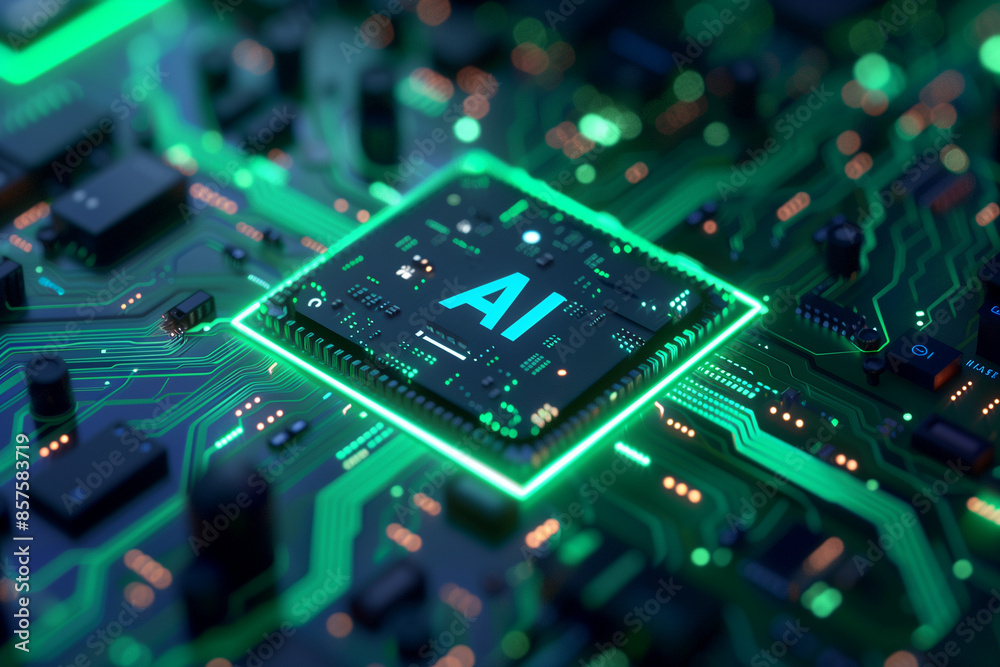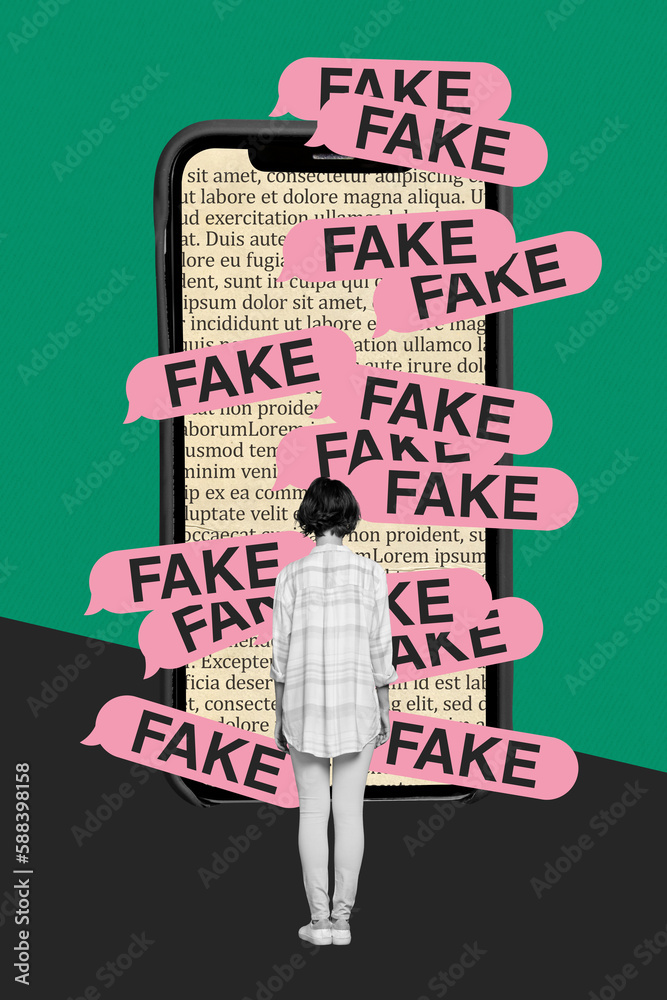The conversation around artificial intelligence has shifted from a distant, sci-fi concept to an immediate workplace reality. From boardrooms to breakrooms, the central topic is the profound and accelerating AI’s impact on jobs. While headlines often swing between utopian promises of enhanced productivity and dystopian fears of mass unemployment, the truth lies somewhere in the complex, evolving middle. This post will cut through the noise to explore what’s really happening with AI-driven layoffs, how AI is reshaping the hiring process, and what you can do to thrive in this new era.
Understanding this technological shift isn’t just for tech enthusiasts; it’s a crucial necessity for every professional navigating today’s career landscape. The changes are here, and adapting is no longer optional.
The Double-Edged Sword: AI-Driven Job Displacement and Creation
It’s impossible to discuss AI’s impact on jobs without first addressing the most pressing concern: layoffs. Yes, AI-related job displacement is real. Automation and AI tools are becoming incredibly proficient at handling repetitive, predictable, and data-intensive tasks. This has led to workforce restructuring in several sectors.
Roles heavily focused on tasks like data entry, basic customer service inquiries, content aggregation, and certain types of analysis are seeing the most significant disruption. Companies are leveraging AI to automate these functions, aiming to boost efficiency and reduce operational costs. However, this is only one side of the coin.
From Displacement to New Opportunities
While some roles are diminishing, AI is also a powerful engine for job creation. The “future of work” isn’t a world without human jobs; it’s a world with different jobs that require new skills. History has shown that technological revolutions, from the industrial to the digital, ultimately create more roles than they eliminate. AI is no different.
Consider these emerging career paths that were niche or non-existent just a few years ago:
- Prompt Engineers: Specialists who craft the perfect queries to get the most accurate and useful output from generative AI models.
- AI/Machine Learning Engineers: The architects building, training, and deploying the AI systems themselves.
- AI Ethicists and Auditors: Professionals who ensure AI systems are used responsibly, fairly, and without bias.
- AI Trainers and Data Curators: Individuals who prepare and label the data used to teach AI models, a critical human-in-the-loop function.
How AI is Reshaping the Hiring and Recruitment Landscape
Beyond affecting existing roles, AI is fundamentally changing how companies find and hire talent. The traditional recruitment process is being overhauled by AI-powered tools designed to make hiring faster, less biased, and more effective. This transformation in talent acquisition is another key facet of AI’s impact on jobs and careers.
Streamlining Talent Acquisition
For decades, recruiters and hiring managers have been buried under mountains of resumes. AI is changing that by automating the top of the hiring funnel.
- Intelligent Sourcing: AI platforms can scan millions of professional profiles across the web to identify passive candidates who match a job description, even if they aren’t actively looking.
- Automated Resume Screening: Modern Applicant Tracking Systems (ATS) use AI to scan, parse, and rank resumes based on skills, experience, and relevance to the role, freeing up human recruiters to focus on qualified candidates.
- AI-Powered Chatbots: Many companies now use chatbots to conduct initial screenings, answer candidate questions, and schedule interviews, improving the candidate experience and saving time.
The Rise of Skills-Based Hiring
Perhaps one of the most positive changes driven by AI in recruitment is the shift toward skills-based hiring. AI can analyze a candidate’s portfolio, past projects, and skill assessments to identify capabilities that a traditional resume might miss. This helps organizations look past pedigree and focus on what a candidate can actually do, potentially leading to a more diverse and capable workforce.
Future-Proofing Your Career in the Age of AI
Seeing the scale of this transformation can be intimidating, but fear is not a strategy. To thrive amidst the ongoing AI’s impact on jobs, a proactive approach focused on adaptation and continuous learning is essential. Your career’s longevity depends not on fighting automation, but on learning to work alongside it.
Embrace Lifelong Learning and Reskilling
The concept of “finish school and work for 40 years” is officially obsolete. The rapid evolution of technology demands a commitment to lifelong learning.
- Develop AI Literacy: You don’t need to become a coder, but you should understand the basics of how AI works, what it can and can’t do, and how it applies to your industry.
- Upskill in a Related Area: If you’re a marketer, learn how to use generative AI for content ideation. If you’re an analyst, learn how to use AI tools for predictive modeling. Augment your existing skills with AI capabilities.
- Reskill for a New Role: If your current role is at high risk of automation, proactively look for opportunities to retrain for emerging roles that are in high demand.
Cultivate Human-Centric Skills
The best way to remain valuable is to double down on the skills that AI cannot easily replicate. These are the inherently human abilities that drive innovation, strategy, and collaboration.
- Critical Thinking: Analyzing information from multiple sources, questioning assumptions, and making strategic judgments.
- Creativity and Innovation: Thinking outside the box and generating novel ideas that AI, which is trained on existing data, cannot.
- Emotional Intelligence (EQ): Understanding and managing your own emotions and those of others. This is crucial for leadership, teamwork, and client relationships.
- Complex Problem-Solving: Tackling multifaceted problems that lack a clear-cut, data-driven solution.
Learn to Collaborate with AI
The most successful professionals will be those who view AI not as a replacement, but as a powerful collaborator—a “co-pilot.” Think of it as a tool that can handle the grunt work, freeing you up to focus on high-level strategy and creative tasks. A developer using GitHub Copilot to write boilerplate code, or a researcher using an AI tool to summarize hundreds of papers, are prime examples of this synergy. Framing the AI’s impact on jobs this way turns it from a threat into a massive opportunity for increased productivity and satisfaction.
Conclusion: The Way Forward is Adaptation, Not Fear
The narrative of AI’s impact on jobs is not a simple story of human versus machine. It is a complex evolution of how we work, what we value, and where we direct our uniquely human talents. There will be disruption, and the need for workforce support and ethical guidelines is paramount. However, the future also holds immense promise for more engaging, creative, and impactful careers.
By staying informed, embracing continuous learning, and focusing on skills that are fundamentally human, we can navigate this transition successfully. Ultimately, understanding the multifaceted AI’s impact on jobs is the first and most critical step toward securing your place in the workforce of tomorrow.


